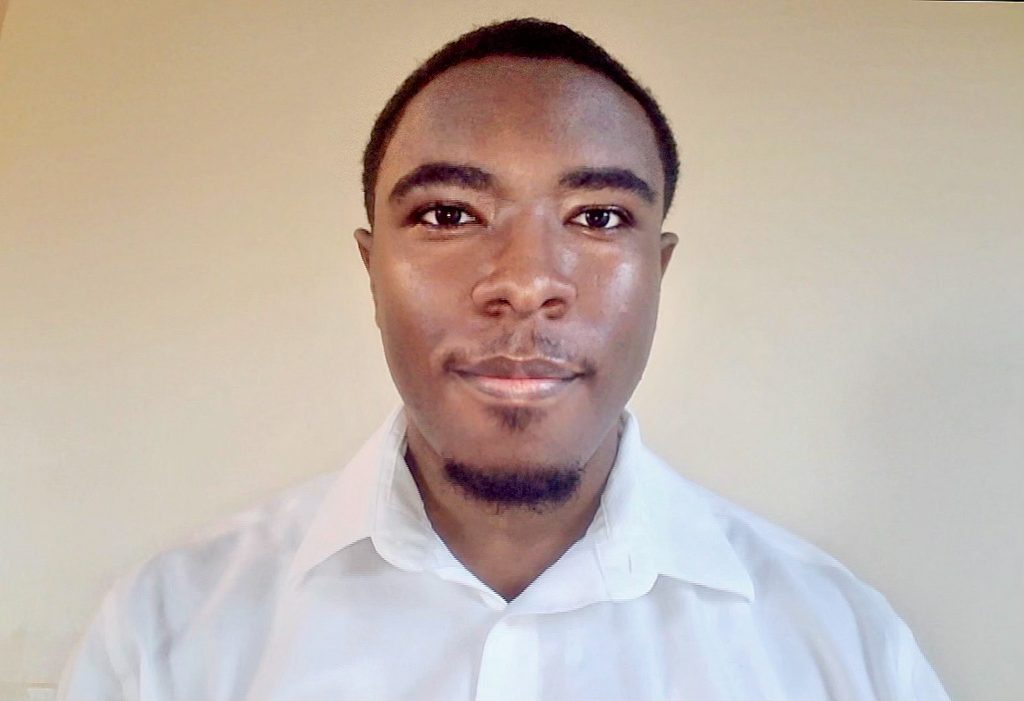While growing up in the United States, I realized that many Americans had, at best, a surface-level understanding of many ethnic groups, such as those of the Creole diaspora. Many people attempt to learn more about their neighbors, but their ignorance might inadvertently come off as offensive. We must remember that ignorance is not inherently derogatory. Ignorance is simply a lack of knowledge. However, some of our inquiries, despite their good intentions, are nevertheless laced with implicit bias. Recently, I experienced what I would call a microaggression. The Oxford Dictionary defines microaggression as “indirect, subtle or unintentional discrimination or prejudice against members of a marginalized group.” Therefore, microaggressions are typically actions or comments that often go undetected if one is not paying attention.
I was with a colleague of mine who had heard that I spoke French. She then proceeded to ask me, “Do you actually speak French, like French French, or is it like Haitian … uh Haitian French … Creole or something?” Let’s consider the following:
What is “French French?”
What is “Haitian?”
What is “Haitian French?”
People associate familiar entities naturally. For example, if you see a car seat in someone’s car, you are going to assume that person has a child. In psychology, these associations combine to inform our implicit attitudes — these are ideas someone has developed, resulting from various things they have experienced or heard, of which they are not cognizant. For a lot of people, French is, quite frankly, a white thing. Therefore, a person of color who speaks French produces a sort of psychological incongruence that prompts one to scrutinize this person’s “Frenchness,” so to speak. You can argue that this is a racist thought. Perhaps, but implicit bias might be more appropriate in this case. Bias often functions as a source for prejudice and discrimination.
To further explore my colleague’s bias, we can consider “French French.” Are we implying that some French speakers also do not speak a French that is worthy of being considered “French French?” As for the second utterance regarding “Haitian” — many people think there is a language called “Haitian” — please note that is false. Haitian, by itself, denotes the nationality — Haitian Creole or Creole denotes the language. More importantly, why would a random Black guy who speaks French be presumed Haitian when most Black French speakers are African? Then, we can consider this term that I have heard many a time, “Haitian French.” This young woman, by asking me if I spoke “French or Haitian French,” tells me that she views these two entities as distinct, separate and that she may desire for them to be segregated. Yet, this is not very logical. You likely would not ask someone if they spoke “Australian English or English.” Because Australian English is still English. Likewise, Haitian French is still French. Moreover, French is a very standardized language — that is, French is practically the same around the world aside from accents. Therefore, “Haitian French” is largely not appropriate outside advanced linguistic studies.
This is not an isolated incident. As a Black man who studied French at Binghamton University, I often encountered microaggressions. For example, one of my students once stated, “I saw a group of guys speaking French on campus, but it was African French.” She used “but” to imply — whether she realized it or not — that it was not quite French. It was something else, something different, something foreign. Interestingly, many people are persistent in their bias. I informed my graduate colleague that French and Creole were their own respective languages. She retorted, “But this Haitian girl I know said she spoke French.” Are we suggesting that because she said she spoke French, somehow Creole does not exist? Are we suggesting that a Black girl is not capable of being bilingual? I am not sure what linguistically motivates individuals to bring up the so-called francophone Haitian friend when I mention Haitian Creole. Whether that individual speaks French or not does not negate their knowledge of Creole, nor does it contradict the status of Haitian Creole as a language.
Black francophones are constantly questioned and even denied their linguistic heritage. I admit that this stuff is tricky. Hence, we must recognize our own biases so that our faux pas become learning experiences. In the past few decades, French instructional environments have become increasingly inclusive. While this initiative helps students of French learn more about the myriad of different people who have a relationship with French, it misses the general public. Institutions, be they elementary or university-level, have the power to gradually expose their students to different cultures. Particularly, instructors should be candid about their own biases and those that are likely present among their students. As for students studying particular subjects such as linguistics, history or sociology, it is necessary for instructors to explore the intersection between language, ethnicity and race. An instructor can encourage open discussion regarding how languages are born, how they evolve and the integral role they play in the phenomenon that is culture. It is, however, primarily up to us as individuals to seek out the truth and be skeptical of the commentary we have simply taken as truth throughout our lives. People of any race can be biased and discriminate against someone of a different background. Therefore, it is up to us all to consider what we are thinking, why we are thinking it and how our interpersonal exchanges will make others feel.
Marc Lewis, ‘21, a BU alumnus who double-majored in neuroscience and French, is a current graduate student at Drexel University College of Medicine.



